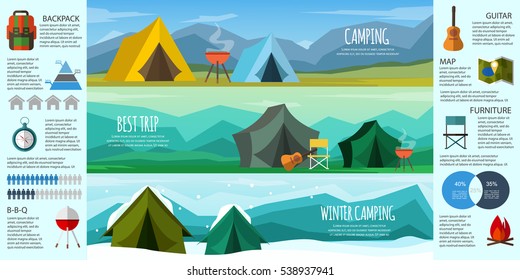When To Invest In A Custom Sized Wall Tent
Benefits and drawbacks of Vinyl Vs. Canvas Outdoor Tents FloorsWhile several campers focus on an outdoor tents's cover to safeguard them from rainfall, snow, and pests, the camping tent flooring is similarly crucial. A high quality floor offers defense from standing water, soaked mud, and sharp rocks.
At White Duck Outdoors, we offer free-floating vinyl floors that are tailored to every camping tent dimension. This allows you to choose a floor lining or use your very own canvas tarpaulin as a liner.
Longevity
There are various kinds of floorings readily available for wall camping tents. Free-floating floors are different pieces that you lay on the ground before developing the tent, making them very easy to set up. A sewn-in flooring is a little bit much more challenging, but it offers outstanding defense from water and pests.
Nonetheless, the most effective alternative is a tent floor lining. A lining is thick and pressures any water or bugs to go under the floor as opposed to through openings in the tent. It likewise minimizes the amount of dust that gets inside the camping tent, making it simpler to clean up and preserve.
All White Duck Outdoors wall camping tents come with a free-floating floor included, so you don't have to fret about purchasing and setting up one individually. We recognize the importance of having the ability to personalize your space and make camping more delightful. The free-floating floor makes the camping tent less complicated to lug, tidy and shop, deluxes that sewn-in or 3/4 floorings don't provide.
Weather Resistance
When choosing a safety cover for industrial or logistical purposes, weather resistance is frequently an essential element. Canvas tarpaulins are commonly made from all-natural materials, while vinyl tarps feature advanced polymer design. This distinction in structure leads to significantly different efficiency attributes, maintenance requirements, and appropriate applications.
Vinyl tarpaulins are suitable for long term commercial insurance coverage as a result of their resilience, water resistant features and chemical resistance. They additionally use good UV defense and are lighter than canvas tarps. These homes make them the preferred option for covering equipment and constructing short-lived structures.
Easy Maintenance
The toughness of vinyl floorings and their resistance to deterioration translates right into very little maintenance requirements. Wipe-downs with mild soap and water suffice to keep them looking tidy, while persistent stains can often be removed without much initiative.
In contrast, canvas covers are more likely to soak up dampness gradually, leading to mold and mold development if not properly dried out or dealt with. Additionally, they may require even more regular waterproofing treatments to keep their protective residential or commercial properties.
On top of that, a woven textile like cotton is prone to piercing and tearing gradually, making it more at risk to damage from sharp things or rough surfaces. Plastic is engineered to resist these dangers more effectively, placing it as an exceptional choice for heavy-duty security applications. Furthermore, its synthetic components supply remarkable toughness and longevity contrasted to canvas products. Subsequently, they normally have a reduced environmental impact in terms of production and disposal. They also often tend to have a more flexible personalization capacity, assisting in the consolidation of complex styles and color pattern.
Ecological Influence
As with all products, it's important to recognize the ecological profile of each material. This includes everything from basic materials sourcing and production procedures to usage durability and end-of-life disposal choices. This info enables companies to make smarter selections that straighten with sustainability goals while meeting operational needs.
Sailcloth normally lines up with eco-conscious objectives as a result of its eco-friendly nature and lower manufacturing impact. Its lighter weight translates to much less storage space and transportation requirements. Its decreased upkeep demands and longer life-span additionally minimize general expenses.
Vinyl, on the other hand, relies upon synthetic components for its toughness and weather condition resistance. Its chemical treatments call base camp for high energy input. Plastic's non-biodegradable buildings even more make complex recycling and waste administration protocols. Nevertheless, it does provide superior waterproofing and UV destruction resistance to outside environments.
